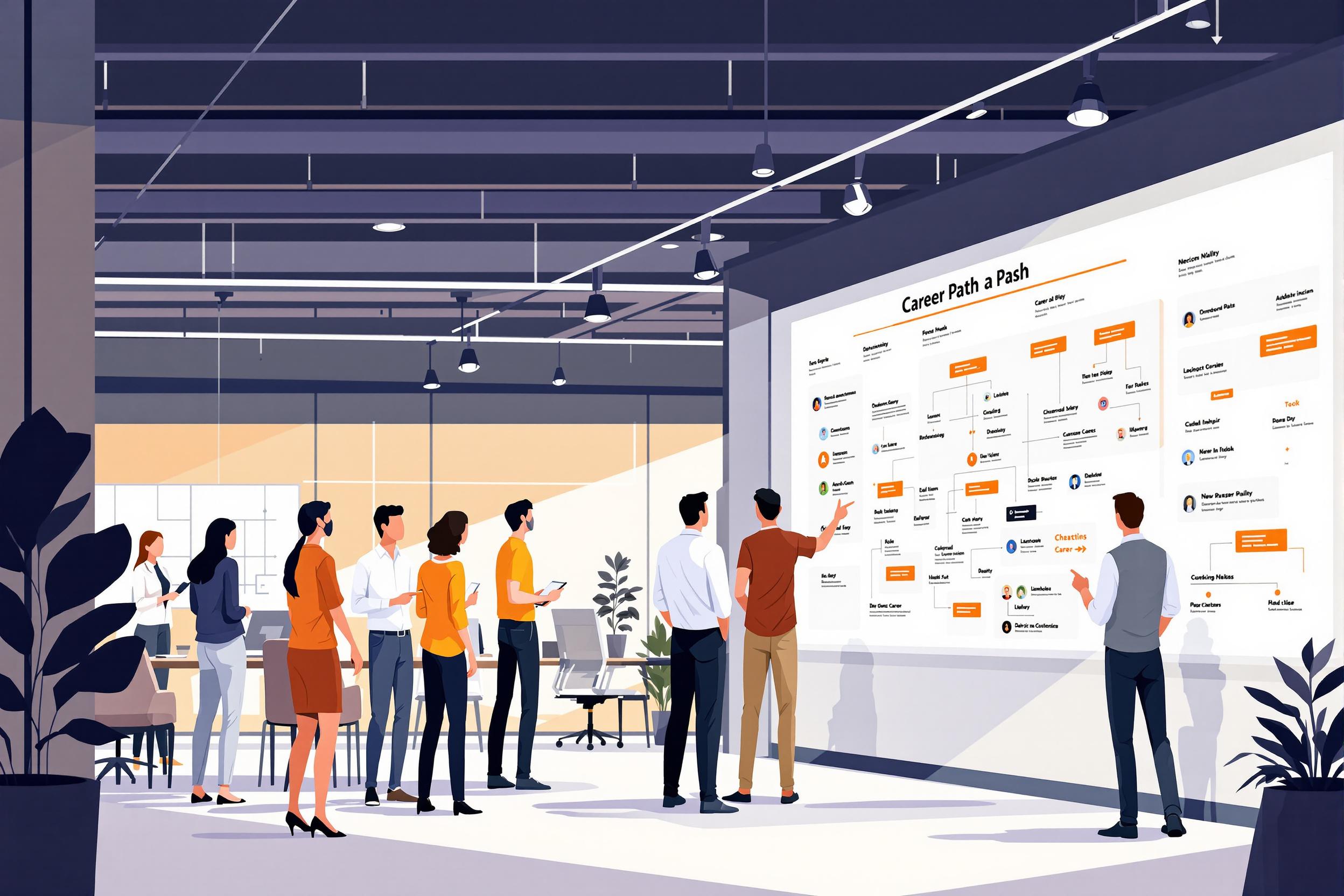
Competitive Intelligence
Competitive Intelligence is a business research role that helps companies understand their competitors and market landscape. It's like being a business detective - professionals in this field gather and analyze information about competitor products, strategies, and market trends to help their company make better decisions. This might include tracking competitor prices, monitoring new product launches, or analyzing market share data. While similar to Market Research, Competitive Intelligence focuses specifically on understanding competitors rather than customers. You might also see this called "Competition Analysis," "Market Intelligence," or "Strategic Intelligence."
Examples in Resumes
Developed Competitive Intelligence reports that led to 30% market share growth
Created monthly Competition Analysis dashboards tracking key competitors
Led Market Intelligence initiatives to identify new market opportunities
Managed Strategic Intelligence projects analyzing competitor pricing strategies
Typical job title: "Competitive Intelligence Analysts"
Also try searching for:
Where to Find Competitive Intelligence Analysts
Professional Associations
Online Communities
Job Boards
Example Interview Questions
Senior Level Questions
Q: How would you develop a competitive intelligence strategy for a new market entry?
Expected Answer: Should discuss creating a structured research plan, identifying key competitors, determining information sources, setting up monitoring systems, and organizing regular reporting schedules. Should mention stakeholder management and resource allocation.
Q: Tell me about a time when your competitive intelligence findings significantly influenced a business decision.
Expected Answer: Should demonstrate ability to translate research into actionable insights, influence senior stakeholders, and show measurable business impact from their analysis.
Mid Level Questions
Q: What sources do you use to gather competitive intelligence and how do you verify their reliability?
Expected Answer: Should mention various sources like public financial reports, news articles, industry reports, social media, and explain how they cross-reference information and validate data accuracy.
Q: How do you present competitive intelligence findings to different audiences?
Expected Answer: Should explain how they adapt presentation style and detail level for different stakeholders - executive summaries for senior management, detailed reports for product teams, etc.
Junior Level Questions
Q: What's the difference between primary and secondary research in competitive intelligence?
Expected Answer: Should explain that primary research involves direct data collection (interviews, surveys) while secondary research uses existing sources (reports, websites, public documents).
Q: How do you organize and maintain competitive intelligence data?
Expected Answer: Should discuss basic data organization methods, regular updating processes, and simple tools used for tracking competitor information and market trends.
Experience Level Indicators
Junior (0-2 years)
- Basic research and data collection
- Report writing and presentation
- Understanding of business metrics
- Basic market analysis tools
Mid (2-5 years)
- Advanced research methodologies
- Data analysis and visualization
- Project management
- Stakeholder communication
Senior (5+ years)
- Strategic planning and execution
- Team leadership
- Executive presentation skills
- Advanced market analysis
Red Flags to Watch For
- No experience with research methodologies
- Poor analytical skills or attention to detail
- Lack of business acumen
- Unable to communicate findings clearly
- No experience with data analysis tools
Need more hiring wisdom? Check these out...

Unlocking the Competitive Edge: Benchmarking Your Talent Acquisition Metrics

When Hiring from Competitors: Goldmine or Landmine?

Global Compliance Checks: The Hidden Puzzle Pieces of Background Screening Revealed

